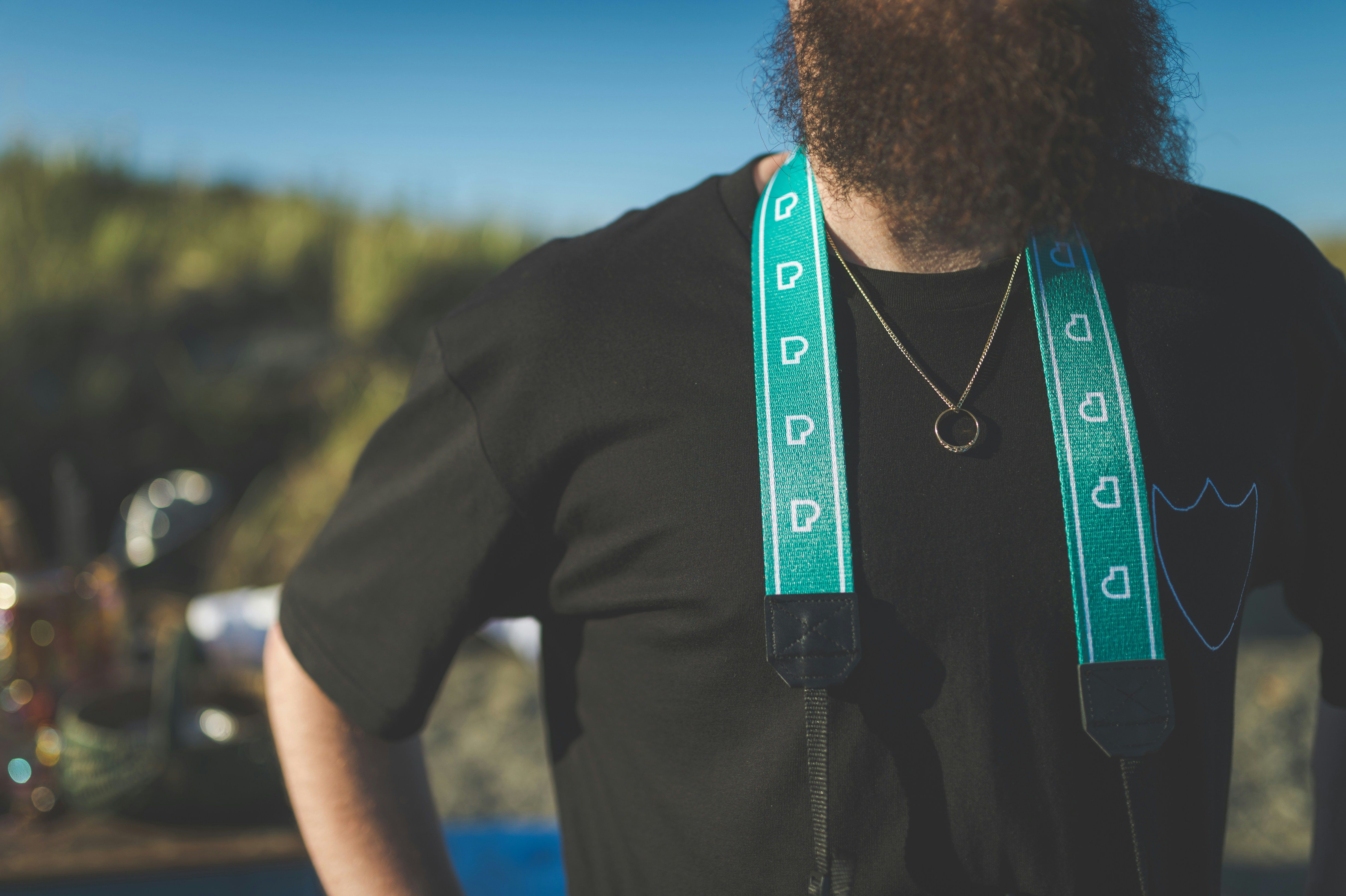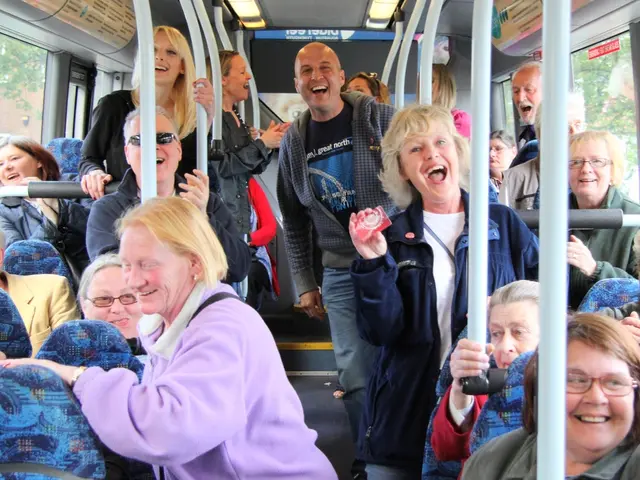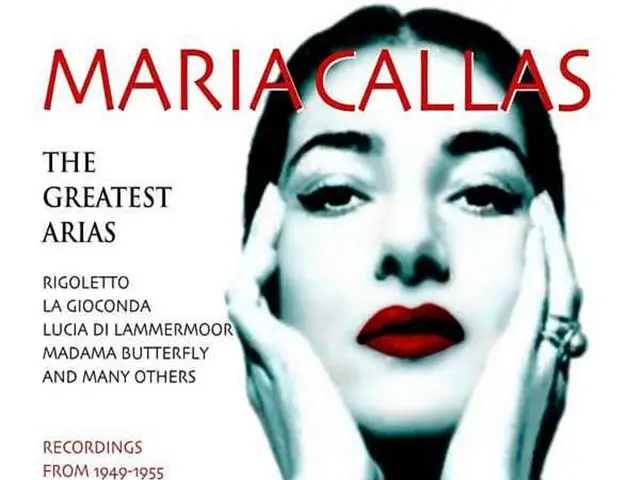Unveiling an Age-Old Herb Promising Reversal of Brain Stroke Harm
In the United States, over 800,000 individuals suffer from ischemic strokes every year, a condition caused by the blockage of brain arteries. These incidents often result in a degree of cognitive impairment, making recovery a significant challenge.
Recent research, presented at the American Stroke Association's International Stroke Conference 2024, suggests that ginkgo biloba extract may offer hope for those recovering from ischemic stroke, particularly in restoring cognitive abilities.
The study involved 3,163 survivors of mild to moderate ischemic strokes, who were assessed using the Montreal Cognitive Assessment Scale, or MoCA, a test of cognitive performance commonly used with stroke survivors. Participants' cognitive status, on average, was moderately impaired with an average score of 17 out of 30.
Immediately following their stroke, half of the patients received daily intravenous injections of ginkgo diterpene lactone meglumine (GDLM), a combination of the biologically active components of ginkgo biloba. The remaining half received placebo injections. This treatment was repeated at 14 and 90 days post-stroke.
By day 14, patients who received the ginkgo injections showed an improvement in cognitive scores by an average of 3.93 points, while those who received a placebo improved by merely 3.62 points. This improvement persisted, with those who received the ginkgo biloba injections demonstrating an average improvement of 5.51 points in cognitive scores by day 90, compared to 5.04 points for those on the placebo.
Ginkgo biloba's neuroprotective effects are attributed to multiple mechanisms, including expanding brain blood vessels, improving brain cells' tolerance to hypoxia, increasing cerebral blood flow, anti-oxidation, anti-inflammation, and anti-apoptosis (cell death) properties.
Research on ginkgo biloba's cognitive benefits for stroke recovery is not a new development. As early as 2012, laboratory tests at Johns Hopkins demonstrated that daily doses of a standardized extract from the leaves of the ginkgo tree could prevent or reduce brain damage after a stroke, with antioxidants being the likely protective agents.
It is worth noting that, while Ginkgo biloba has a long history in Traditional Chinese medicine for circulatory problems and senility, and IV preparations are widely used in China as a complementary treatment for ischemic stroke, it may be some time before similar treatment options are approved by the FDA in the U.S.
Results from this research indicate that ginkgo biloba may have the potential to aid in cognitive recovery for stroke survivors; however, more comprehensive, standardized clinical trials are needed to fully establish its effectiveness, safety, and potential benefits for this patient population.
- The neuroprotective effects of ginkgo biloba, as observed in the scientific community, are attributed to various mechanisms like expanding brain blood vessels, improving brain cells' tolerance to hypoxia, increasing cerebral blood flow, and exhibiting anti-oxidation, anti-inflammation, and anti-apoptosis properties.
- While ginkgo biloba has a history in Traditional Chinese medicine for circulatory problems and senility, and IV preparations are widely used in China as a complementary treatment for neurological disorders like ischemic stroke, it may take time before similar treatment options are approved by the FDA in the United States.
- Research on ginkgo biloba's cognitive benefits for stroke recovery is not a recent development; as early as 2012, laboratory tests at Johns Hopkins demonstrated that daily doses of a standardized extract from the leaves of the ginkgo tree could prevent or reduce brain damage after a stroke, with antioxidants being the likely protective agents.
- In the health and wellness arena, managing medical conditions such as ischemic stroke often requires a holistic approach that includes nutrition, mental health care, and the use of supplements like ginkgo biloba, which, according to some studies, may aid in cognitive recovery for stroke survivors.








